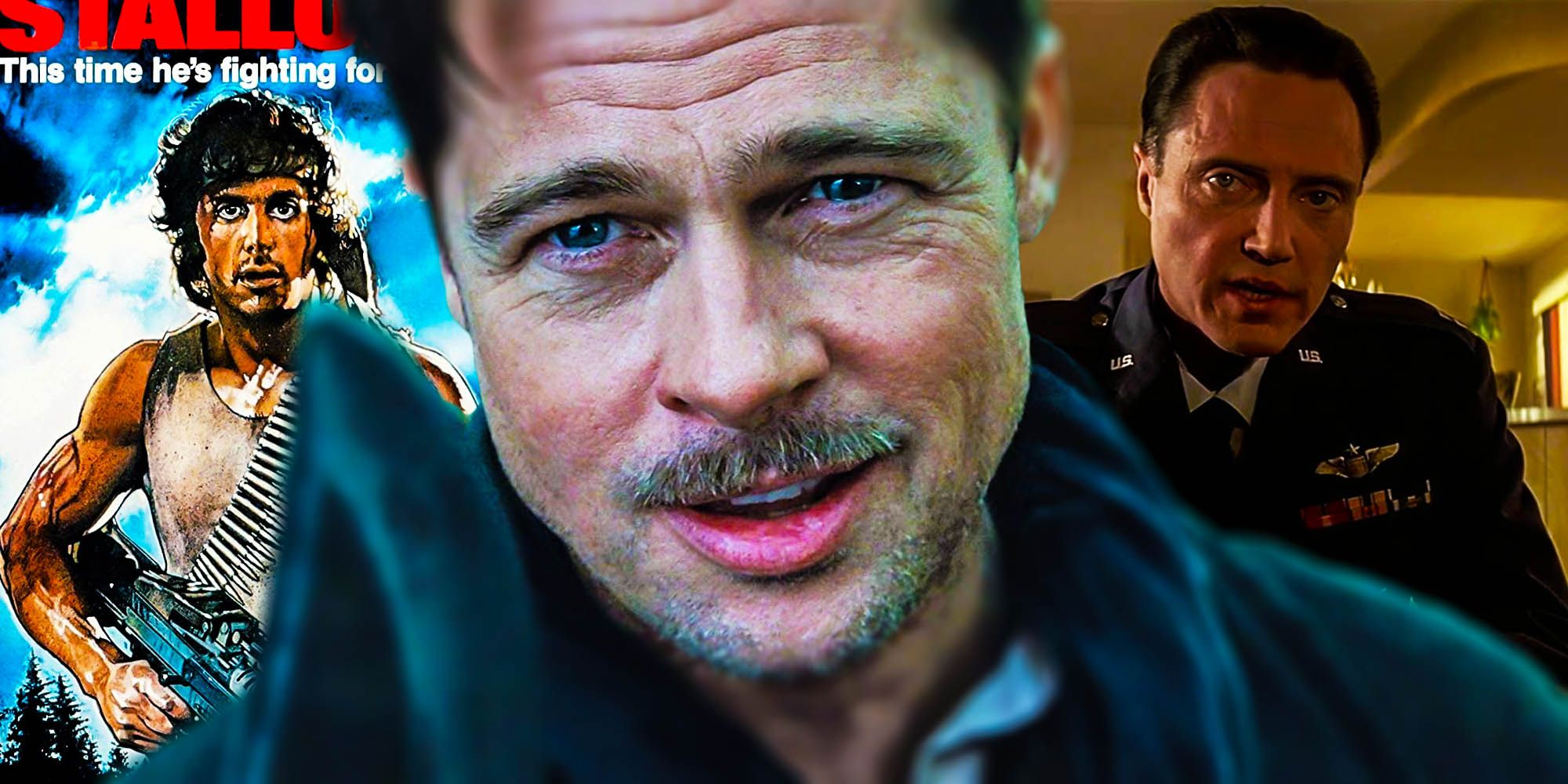
Quentin Tarantino expressed interest in remaking the original Rambo movie First Blood, but how would this proposed project fit into the helmer’s multi-movie cinematic universe? Since the start of his career, controversial auteur Tarantino has been quietly assembling a multi-movie universe that connects each of his outings. Whether the movie is only scripted by Tarantino - like True Romance - or is both written and directed by him, like Pulp Fiction or Reservoir Dogs, all of his work features recurring motifs designed to inform eagle-eyed fans they are taking place in a shared world.
Not every Tarantino project fits in this cinematic universe, however. 1997’s Jackie Brown, as an Elmore Leonard adaptation, is not part of the director’s overarching world, and it is fair to presume Tarantino’s canceled Star Trek movie would likely not have overlapped with the canon of his earlier efforts since it would be part of a pre-existing franchise’s mythology. However, one project that the director recently teased could tie into his cinematic universe—his proposed remake of First Blood.
Like the novel it's based on, First Blood was a far darker project than the jingoistic later sequels of the franchise. The story revolved around a troubled veteran waging war against a small town’s corrupt sheriff department, eventually culminating in the death of the scarred antihero. The Stallone movie adaptation cut this bleak coda, prompting a string of sequels that turned Rambo into an increasingly ludicrous he-man action hero and glamorized warfare, in a direct contradiction to the novel’s anti-war themes. Tarantino’s proposed Rambo remake, discussed on The Big Picture podcast, would have brought back the brutal ending and stayed true to the David Morrell book, and there are also plenty of ways the project could also have been integrated into the director’s existing universe. There’s a lot of potential overlap between the helmer’s Rambo re-do and the Tarantino universe, particularly in his retelling of US history—both international and domestic.
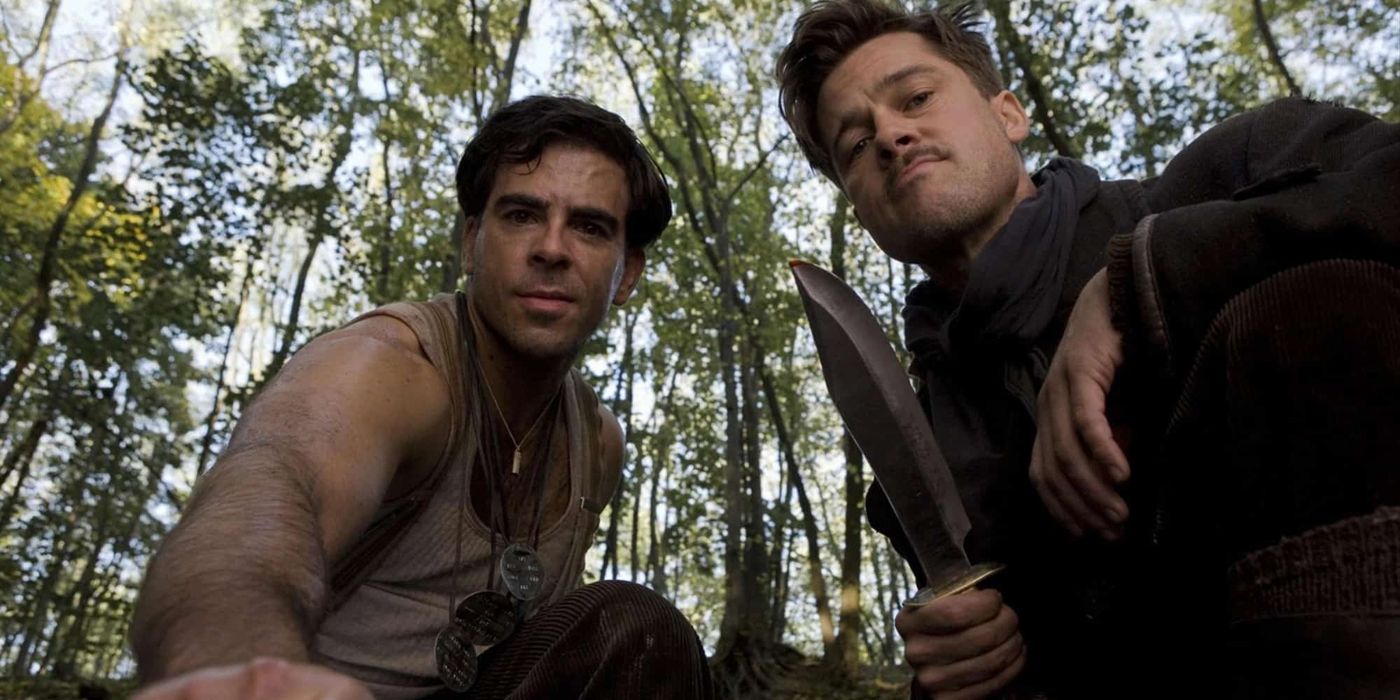
While the Allies won WWII, actually killing Hitler (as the heroes of Inglorious Basterds did) would likely have strengthened the US considerably after the conflict ended. This means the country would likely have been emboldened heading into conflicts throughout Asia, meaning the Vietnam war could have been a quicker invasion. Tarantino has never been shy about rewriting real-life history and America’s invasion of Vietnam is still seen by many - and epitomized in Oliver Stone’s iconic Platoon - as a dark hour in the nation’s history. As such, Tarantino may want to rewrite the war’s history as he has already done with Sharon Tate’s murder and WWII’s conclusion, all the while bringing back characters who viewers have already seen in his earlier hits.
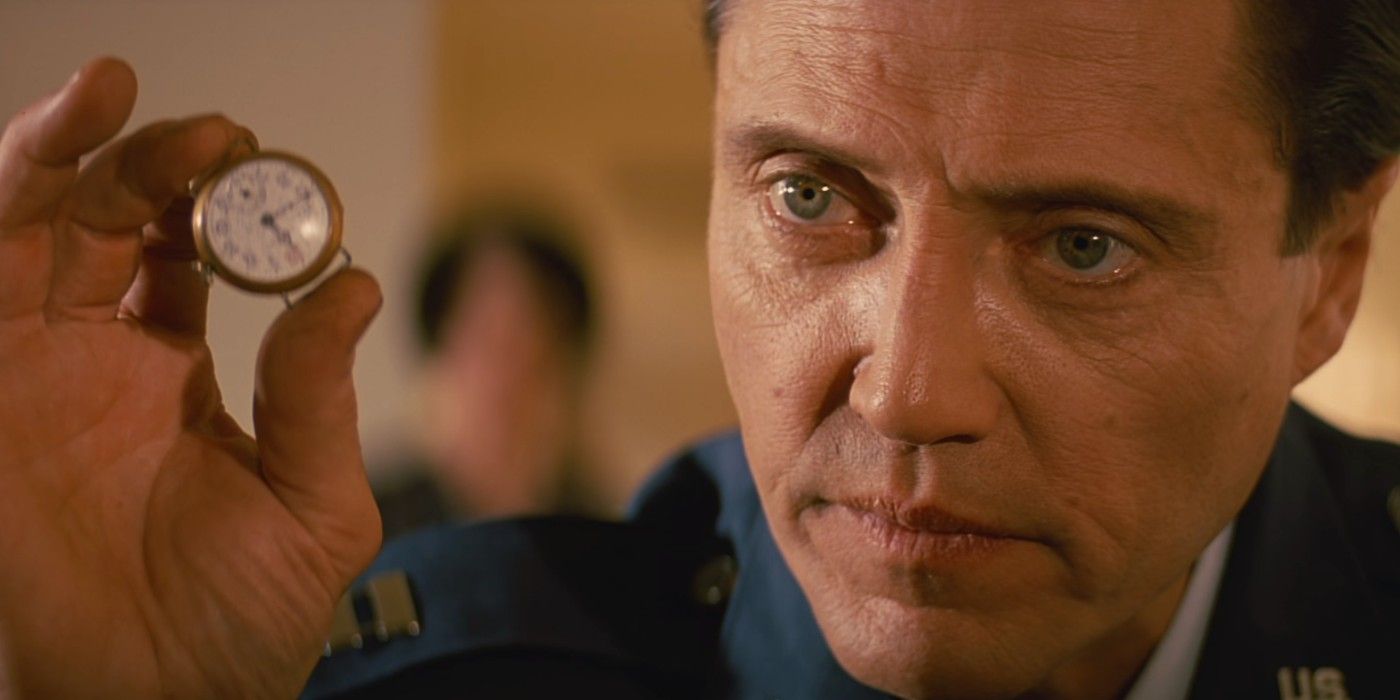
Christopher Walken’s Captain Koons only appears in Pulp Fiction for a few minutes, but his vivid description of hiding an heirloom somewhere intimate when he was taken as POW leaves an undeniable impression on the viewers. According to that 1994 movie, Koons fought in the Vietnam war and was a POW in the same camp as Butch Coolidge’s father, which could easily give him a canon connection to fellow veteran John Rambo. However, serving alongside the father of Bruce Willis’ character is not Koons’ only connection to the Tarantino universe. In a wanted poster glimpsed during the western’s stoy, Koons’ ancestor pops up in Django Unchained, thus linking that movie to the same shared universe. As such, Koons appearing in Tarantino’s First Blood project would connect both Pulp Fiction and Django Unchained to the movie—and there’s yet another connection still to be drawn.
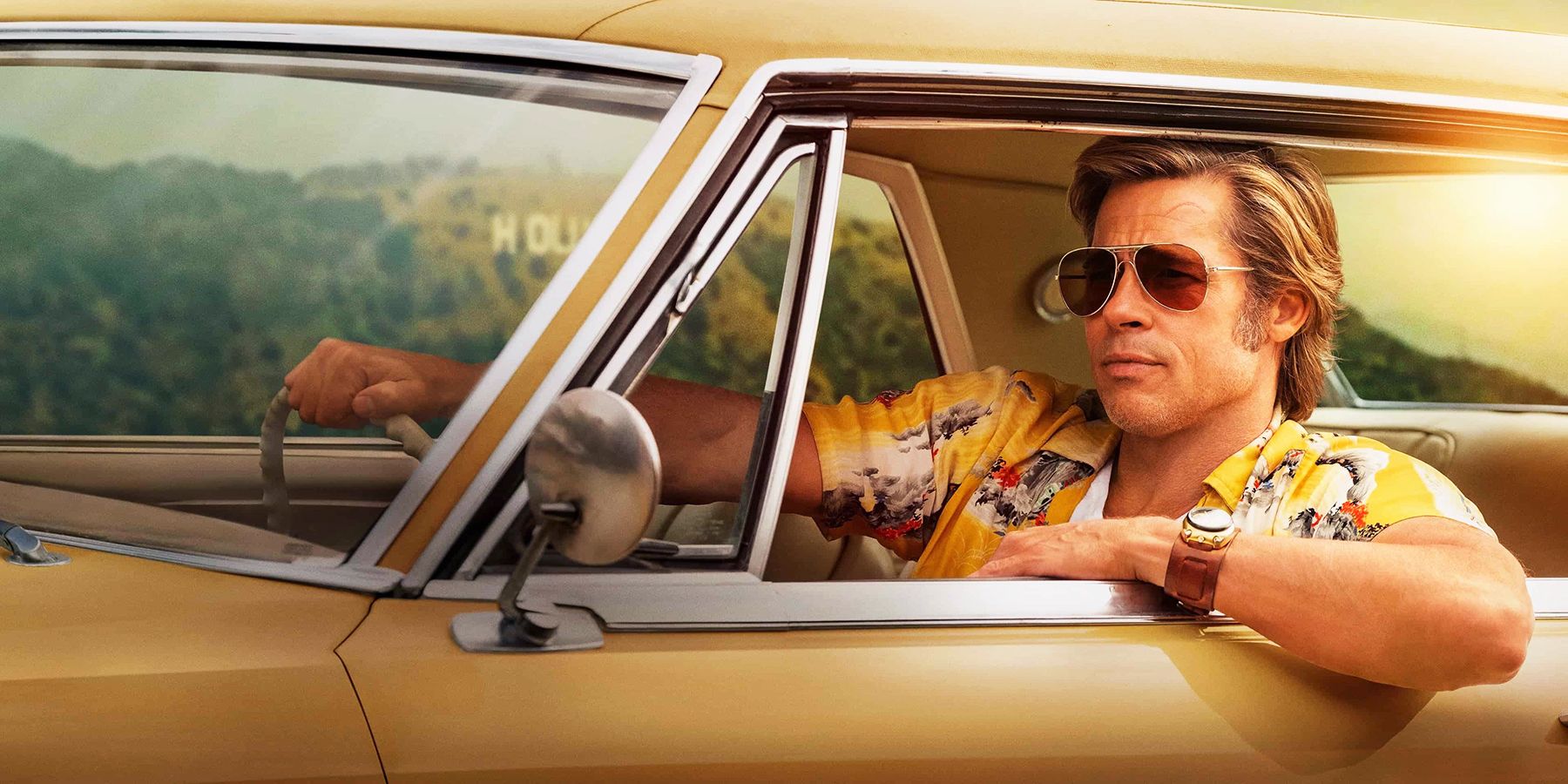
Once Upon A Time In Hollywood’s Cliff Booth would be too long in the tooth by the late ‘60s to be drafted in the Vietnam war, but he is already a veteran before the movie’s events, according to various other characters. Thus, Booth could provide another connection between Rambo and Tarantino’s shared universe. Not only that, but much like Hitler’s assassination sends historical ripples throughout American history, saving the life of Sharon Tate from the Manson family could have lessened the war’s impact by ensuring average Americans weren’t as disillusioned with the “give peace a chance” ethos of the ‘60s.
Support for anti-Vietnam war protests was inevitably shaken by the Manson murders, as the movement was viewed by many of the public to be connected with the hippie movement which Manson was seen as a representative (which was ironic, given that he was a far-right zealot with ties to the CIA). As such, the public could have been swayed to support an end to the conflict seen in Kubrick’s Full Metal Jacket had there been less anti-hippie sentiment and suspicion towards activists in the cultural environment. This lessened suspicion could have been achieved by Booth brutally beating the Manson family during their thwarted attack on Tate’s home in Once Upon A Time In Hollywood’s climax, neutralizing the perceived threat of hippies and bringing Rambo and company home from Vietnam earlier.
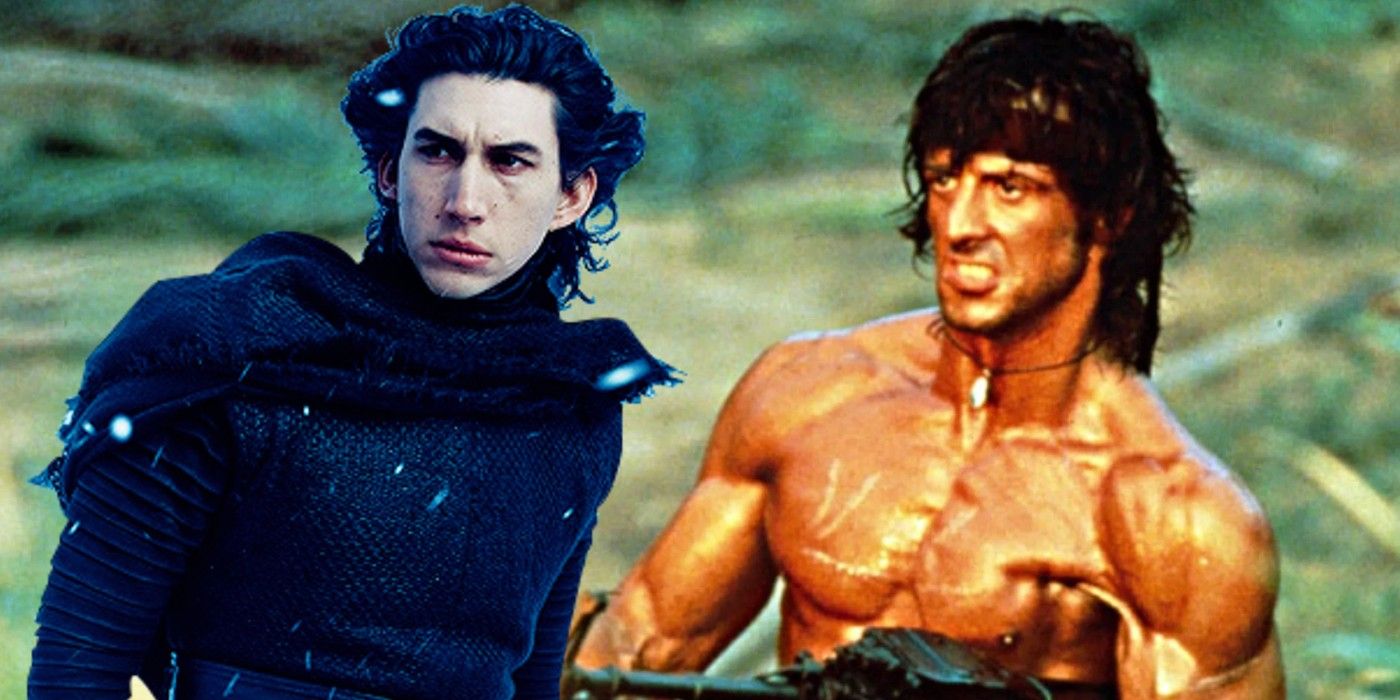
However, despite all this potential rewriting of history and canon connections to earlier works by the director, there’s a chance Tarantino’s Rambo remake may not even take place in his cinematic world. Even if the movie does someday come to fruition - which is unlikely - it might not occupy a space in the Tarantino universe alongside Pulp Fiction, western Django Unchained and Death Proof because First Blood is based on another author’s source novel. As noted above, Jackie Brown takes place in the Out of Sight/Get Shorty Elmore Leonard world, rather than Tarantino’s sprawling cinematic canon, and the same might reasonably be expected of the director’s First Blood remake since the movie would be an adaptation rather than an original outing. In any case, a Rambo remake would still be an interesting addition to the director’s canon—whether or not it ties into said canon directly.
from ScreenRant - Feed https://ift.tt/39JE7z7

0 Comments